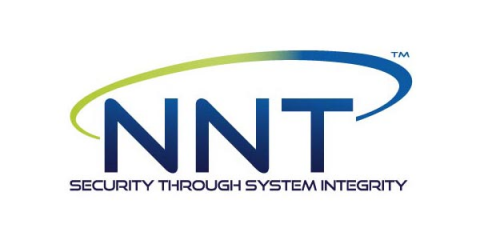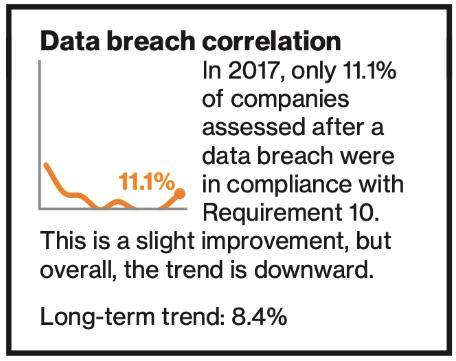DDoS Attack Knocks Parts of Wikipedia Offline
Wikipedia was knocked offline in several countries after being hit by a coordinated Distributed Denial of Service (DDoS) attack over the weekend. The Wikimedia Foundation made a statement claiming that the company's server suffered a "massive" DDoS attack and that its Site Reliability Engineering team is working to stop the attack and restore services.









